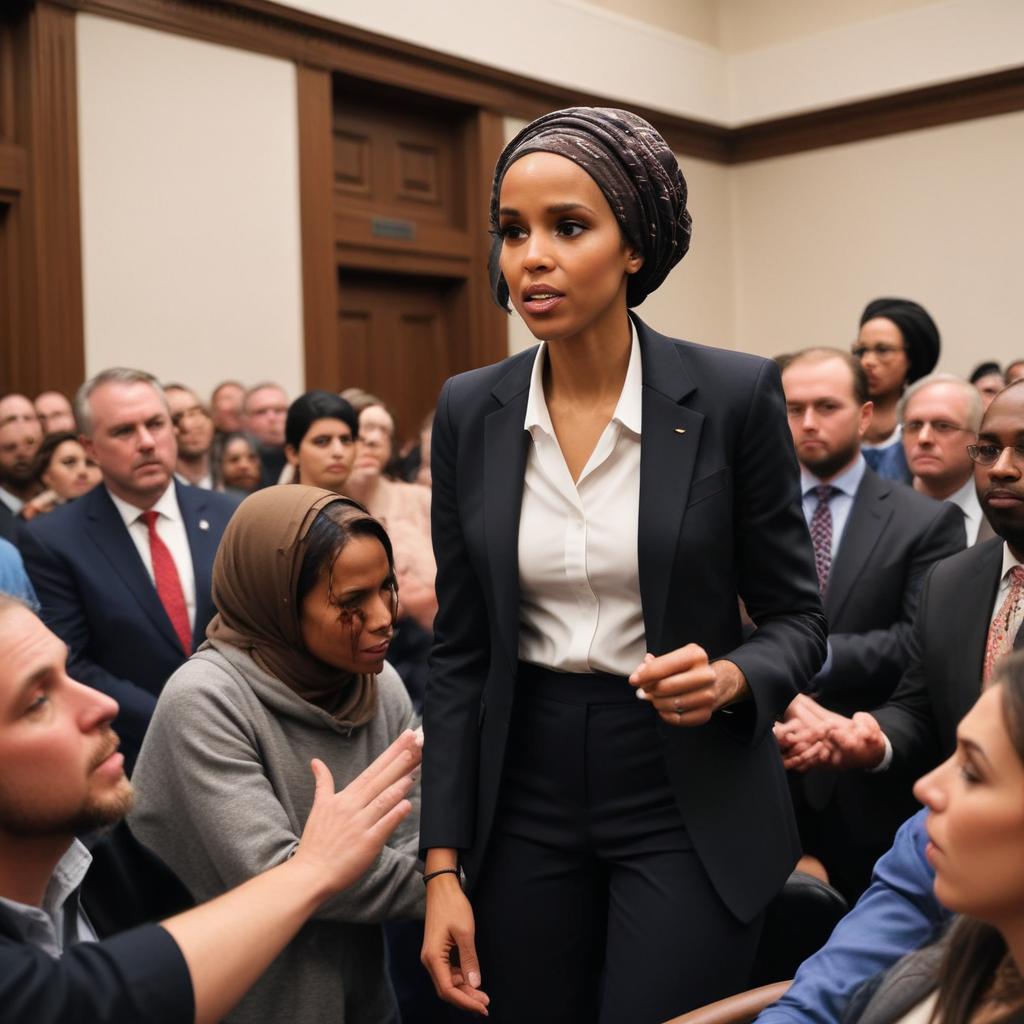Television
Latest in Television
Discover the most recent articles in this category

2026-01-17 06:00:46.783 • by
Amir Izad
Explore why HBO Max's 'The Pitt' is captivating audiences with its unparalleled medical accuracy and unflinching portrayal of the chaotic, for-profit US healthcare system. This article delves into its acclaimed second season, new character dynamics, and how it tackles pressing issues like insurance and AI, offering viewers a raw, unfiltered look into a complex and often infuriating reality.

2025-12-17 12:00:44.271 • by
Adam Israel
Prime Video's Fallout returns for a second season, continuing its unique blend of post-apocalyptic terror and dark humor. Set in a desolate 200-year-future California, the show follows naive vault dweller Lucy, militaristic orphan Maximus, and the sardonic Ghoul as they navigate a world of mutated monsters and outlaw gangs. Season two deepens the mysteries of the pre-war world, delves into the Ghoul's past, and introduces new characters, all while maintaining its signature mix of violence, slapstick, and satirical glee.

2025-12-11 18:00:58.031 • by
Alice Ibarra
South Park's season finale defied expectations, delivering an introspective yet shocking conclusion involving Stan's depression, a MAGA Jesus, Satan's baby, and Trump's schemes, ultimately leading to a 'reset' for the show's future.
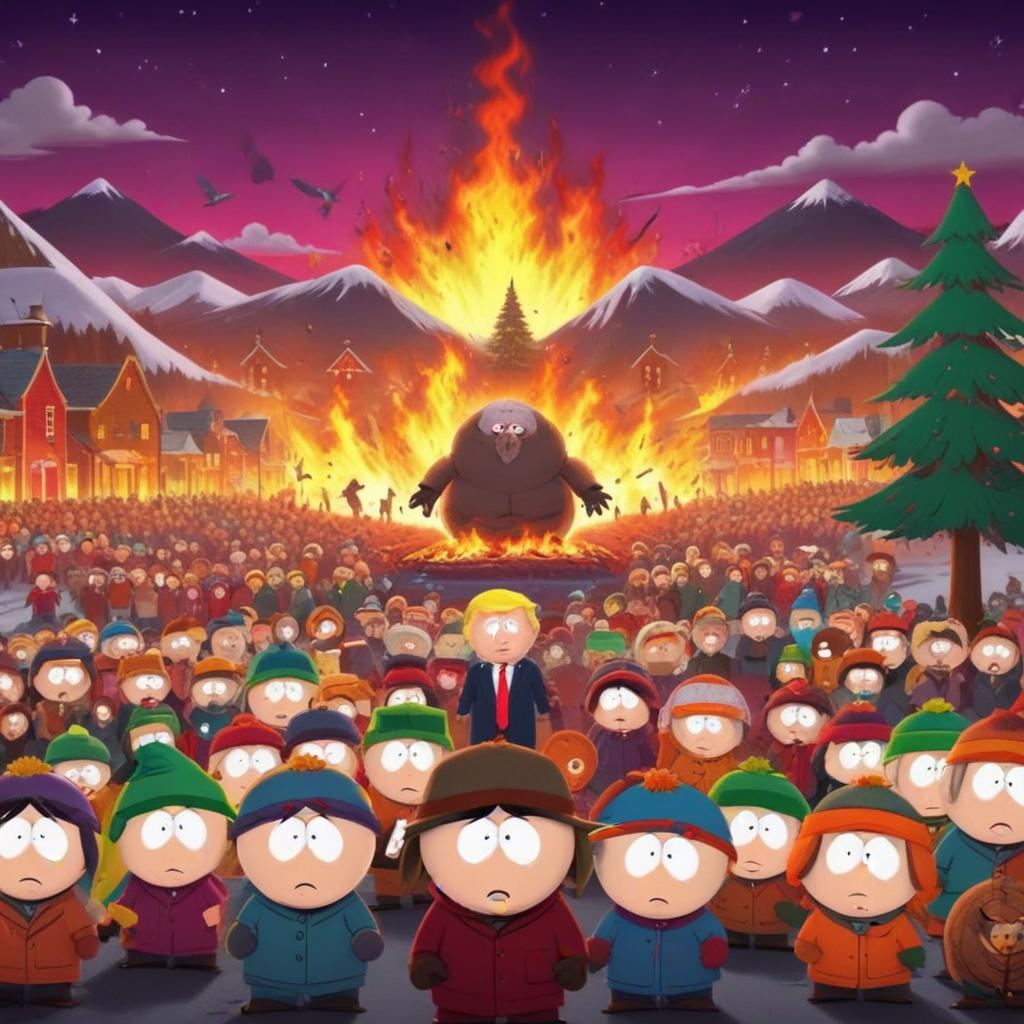
2025-11-27 18:00:34.941 • by
Amir Izad
South Park's latest episode, 'Turkey Trot,' offers a satirical breather from its main storyline, focusing on the town's Thanksgiving marathon sponsored by Saudi Arabia, Cartman's 'race science,' and a bumbling Pete Hegseth trying to free Peter Thiel.

2025-10-01 18:01:08.582 • by
Andrew Ismail
Jimmy Kimmel recounts the dramatic moment ABC executives pulled his show off the air mid-taping, a call he took in the bathroom. Stephen Colbert shares his own experience with network cancellation, with both hosts linking these events to political pressure and their criticism of Donald Trump.
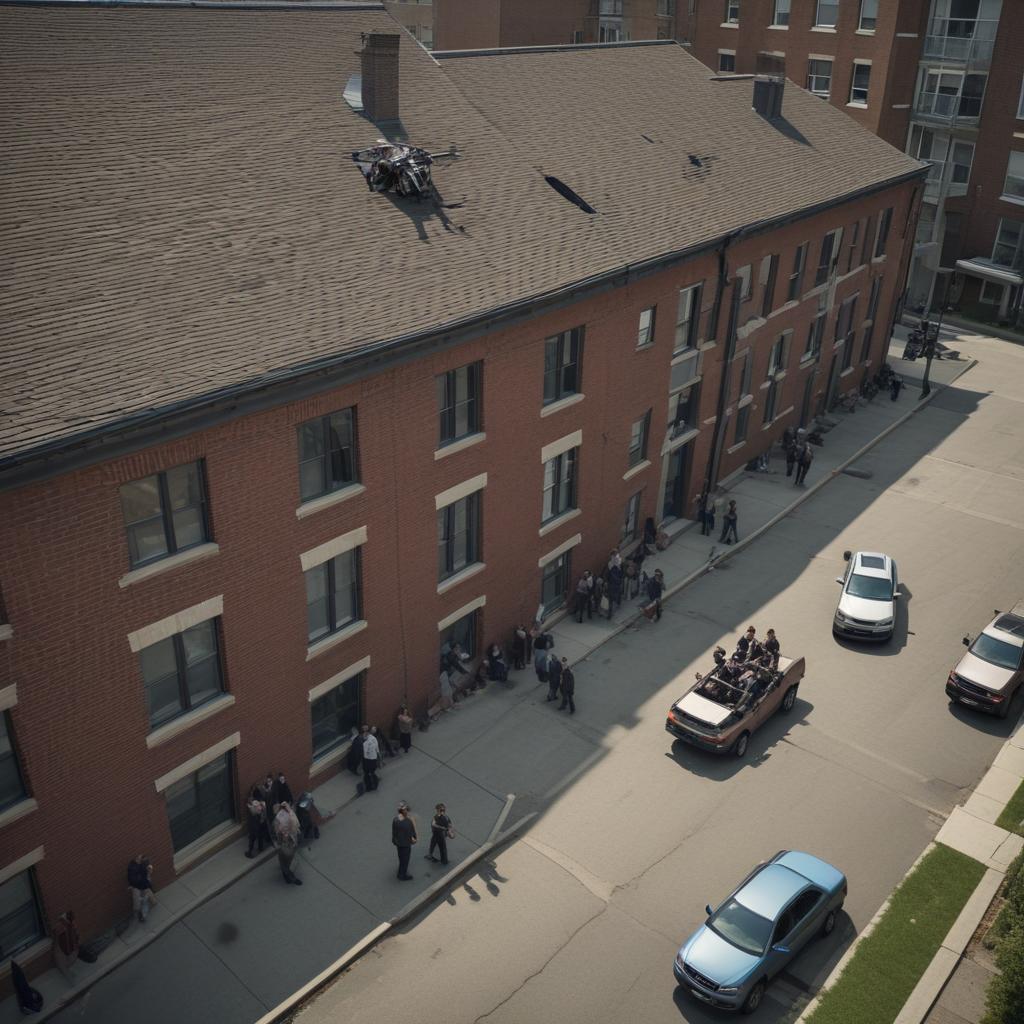
2025-09-15 06:00:35.539 • by
Andrew Ismail
Netflix's "Adolescence" uses a revolutionary one-take filming style, creating a raw and immersive experience for both actors and viewers. Find out what the cast has to say about this unique approach.
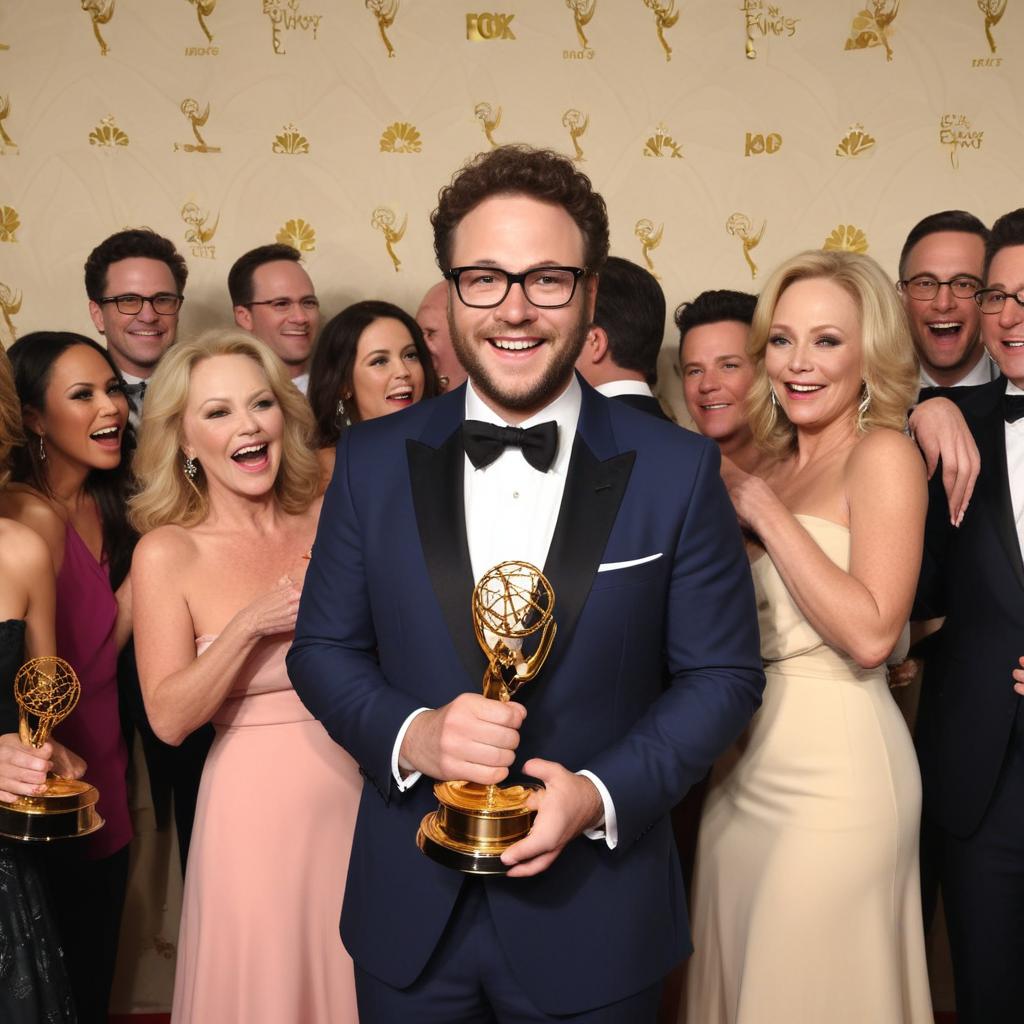
2025-09-15 06:00:35.53 • by
Amy Ivanov
Seth Rogen and 'The Studio' dominated the Emmys, breaking records. 'The Pitt' wins big, and surprise victories abound!

2025-09-14 00:00:26.915 • by
Alfred Ignacio
The Summer I Turned Pretty, a teen drama on Prime Video, has unexpectedly captivated millennial women, creating a massive online community and sparking intense debates about the male leads.

2025-09-04 06:00:33.386 • by
Amy Ivanov
Get ready for some serious sparkle! This season of Dancing with the Stars is stacked with celebrities you know and love. From actors to athletes, this is one competition you won't want to miss!
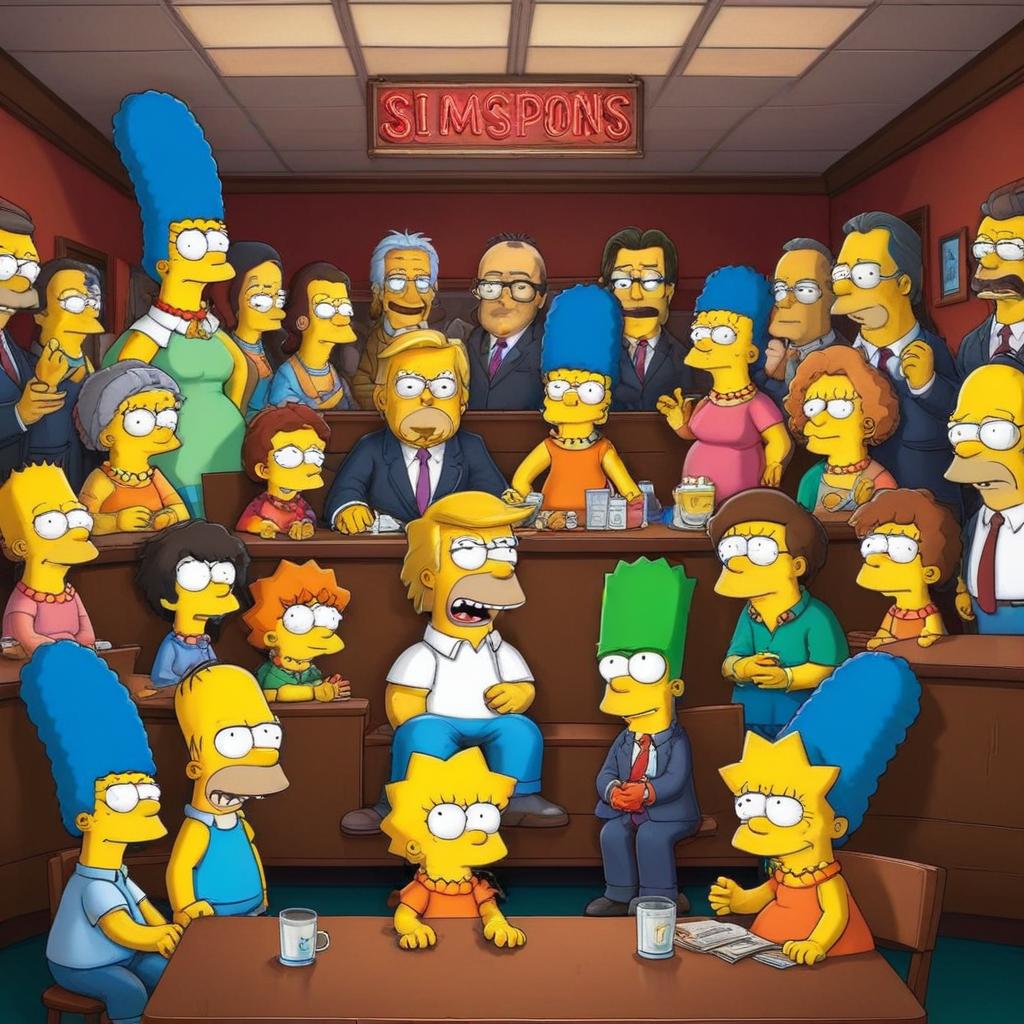
2025-08-23 18:00:23.298 • by
Adam Israel
South Park creators Trey Parker and Matt Stone have managed to pull off the seemingly impossible: making the Trump administration funny again. This article explores how they did it.














